Choosing the right waste water treatment system is an important decision that can have a significant impact on your home and the environment.
When it comes to choosing between a biodigester and a septic tank, there are many factors to consider.
In this article, we’ll explore the benefits and drawbacks of each system to help you make an informed decision.

Introduction
When it comes to managing waste, the choice between a traditional septic tank and a modern biodigester can be a tough decision.
Both systems have their benefits, but one might be better suited to your needs than the other.
In this article, we’ll dive into the details of both options, helping you understand their workings, benefits, and why choosing Bio Digester Kenya for your biodigester installation might be the best decision you make for your home or business in Kenya.
Audio
What is a Biodigester?
Definition and Basic Concept
A biodigester is an advanced waste management system that uses biological processes to break down human waste into water and biogas. This system is eco-friendly and highly efficient.
Components of a Biodigester
- Inlet Pipe: Where waste enters the system.
- Digestion Chamber: The primary tank where waste is decomposed by enzymes.
- Outlet Pipe: For the discharge of treated water.
- Gas Vent: Allows for the collection or release of biogas.
What is a Septic Tank?
Definition and Basic Concept
A septic tank is a traditional underground wastewater treatment system.
It consists of a large, watertight container made of concrete, fiberglass, or polyethylene, which is buried underground.
Components of a Septic Tank
- Inlet Pipe: Wastewater from the house flows into the septic tank.
- Tank: The main chamber where solid waste settles to the bottom, forming sludge, and lighter waste like oils and grease float to the top as scum.
- Outlet Pipe: The treated water exits the tank to the drain field.
How Does a Septic Tank Work?
The Process of Waste Breakdown
In a septic tank, wastewater flows in from the home, where it separates into layers.
Solids settle at the bottom as sludge, oils and fats float as scum, and the liquid effluent exits to the drain field where it’s further treated by soil.
Maintenance Requirements
Septic tanks require regular pumping to remove accumulated sludge and scum.
Without proper maintenance, they can become clogged, leading to backups and potential environmental hazards.
How Does a Biodigester Work?
The Biological Process
Waste enters the biodigester where anaerobic bacteria and enzymes break it down.
This process converts waste into biogas (mainly methane) and water.
The water is safe and can be discharged into a soaking area where it is absorbed by the ground.
Role of Enzymes
Specially formulated enzymes in the biodigester speed up the decomposition of organic matter, ensuring an efficient breakdown process and reducing odors.
Comparing Biodigesters and Septic Tanks
Environmental Impact
Biodigesters are more environmentally friendly, reducing methane emissions and preventing groundwater contamination.
Septic tanks, on the other hand, can leak and pollute local water sources if not properly maintained.
Cost Comparison
While biodigesters may have a higher initial cost, they offer long-term savings through lower maintenance costs and the potential to use biogas as an energy source.
Maintenance and Longevity
Biodigesters require less frequent maintenance compared to septic tanks.
They are designed to be self-sustaining with minimal intervention, whereas septic tanks need regular pumping and can develop issues more frequently.
Space and Installation Requirements
Biodigesters are typically more compact and can be installed in smaller spaces, making them ideal for urban environments.
Septic tanks require more space for the tank and the drain field.
Benefits of Choosing a Biodigester
Environmental Benefits
Biodigesters help reduce the carbon footprint by converting waste into biogas and water, which is absorbed by the ground without causing pollution.
Economic Advantages
Over time, biodigesters prove to be more cost-effective due to lower maintenance costs and the added benefit of biogas production, which can be used for cooking and heating.
Convenience and Efficiency
Biodigesters are designed to be low-maintenance and efficient. They handle waste more effectively, reducing the risk of clogs and backups that are common with septic tanks.
Why Biodigesters are Ideal for Kenya
Suitability for Local Conditions
Kenya’s growing urban areas and environmental concerns make biodigesters an ideal solution.
They require less space and adapt well to varying conditions, from urban homes to rural settings.
Support for Sustainable Development
Biodigesters align with Kenya’s goals for sustainable development, offering a modern solution to waste management that benefits both the environment and the economy.
Case Study: Residential Use in Kenya
Overview and Benefits
A Nairobi family switched from a septic tank to a biodigester and immediately noticed the benefits.
They no longer had issues with odors or frequent maintenance, and their water usage became more efficient.
Cost and Installation Process
The initial cost was KSh 120,000, but the family quickly realized savings on maintenance and water bills, making it a worthwhile investment.
Case Study: Commercial Use in Kenya
Overview and Benefits
A hotel in Mombasa installed a biodigester to handle waste from its many guests.
This move improved the hotel’s environmental footprint and reduced its operating costs.
Cost and Installation Process
The hotel spent KSh 350,000 on installation, but the reduced maintenance and utility costs provided a quick return on investment.
Common Misconceptions About Biodigesters
Myth vs. Reality
Some believe biodigesters are complex and costly to maintain.
In reality, they are straightforward to use and have lower long-term costs than traditional systems.
Addressing Concerns
Concerns about odor and safety are often misplaced.
Biodigesters are designed to be odorless and are environmentally safe, making them a reliable choice for waste management.
Bio Digester Kenya: Your Trusted Partner
Our Services and Expertise
At Bio Digester Kenya, we specialize in designing, installing, and maintaining biodigesters tailored to your needs.
Our expertise ensures you get the best system for your home or business.
Customer Testimonials
Our satisfied customers speak to the quality and efficiency of our biodigester systems.
From residential homes to commercial establishments, we have transformed waste management across Kenya.
How to Get Started with Bio Digester Kenya
Consultation Process
Contact us for a thorough consultation where we assess your needs and provide a tailored solution.
Our experts are here to guide you every step of the way.
Installation and Support
We handle everything from design to installation and offer ongoing support to ensure your biodigester operates efficiently.
Trust Bio Digester Kenya for a seamless experience.
Conclusion
Biodigesters offer a modern, efficient, and eco-friendly solution to waste management in Kenya.
With the advantages they provide over traditional septic tanks, choosing a biodigester from Bio Digester Kenya is a step towards a cleaner, sustainable future.
Contact us today to learn more and start your journey towards better waste management.
FAQs
1. How long does a biodigester last?
A well-maintained biodigester can last for decades, often outlasting traditional septic systems.
2. Are biodigesters safe for the environment?
Yes, biodigesters are designed to be environmentally friendly, reducing methane emissions and preventing groundwater contamination.
3. How often should enzymes be refilled?
Enzymes typically need to be refilled every six months to a year, depending on usage.
4. Can biodigesters handle all types of waste?
Biodigesters are designed for organic waste, including human waste, food scraps, and agricultural residues. They are not suitable for non-organic waste.
5. What happens to the water produced by a biodigester?
The treated water is safe and non-polluting, typically absorbed into the ground through a soaking area.


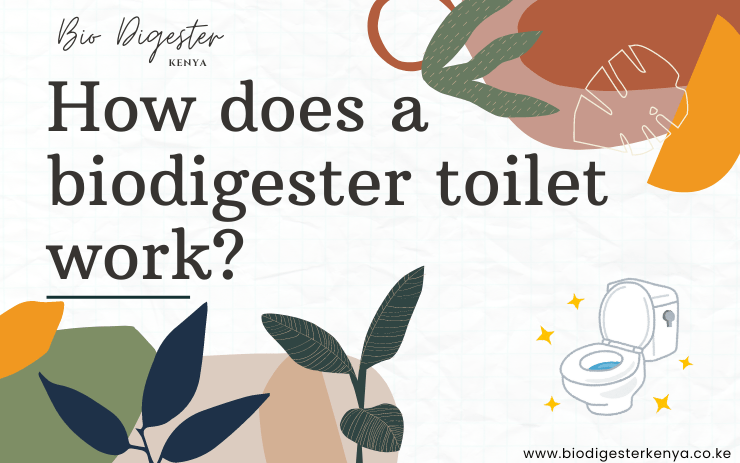

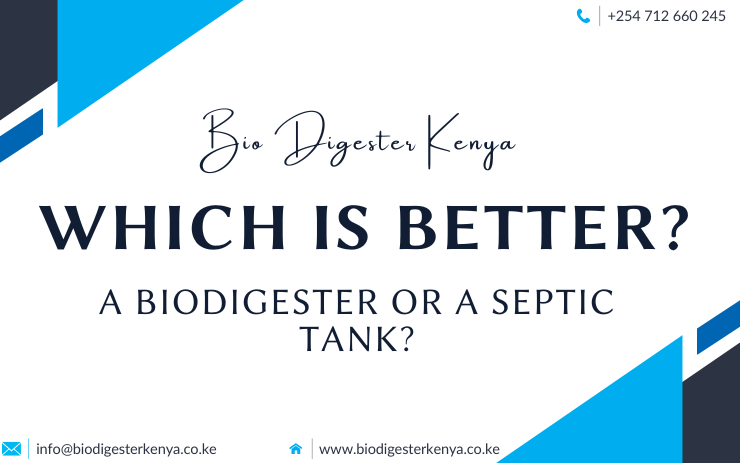
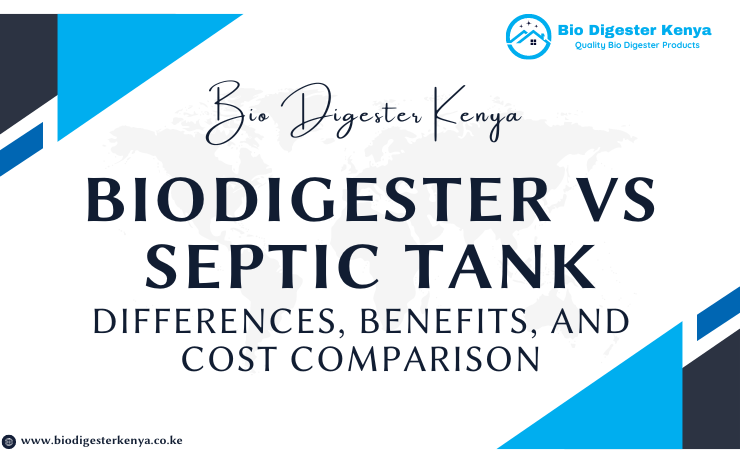
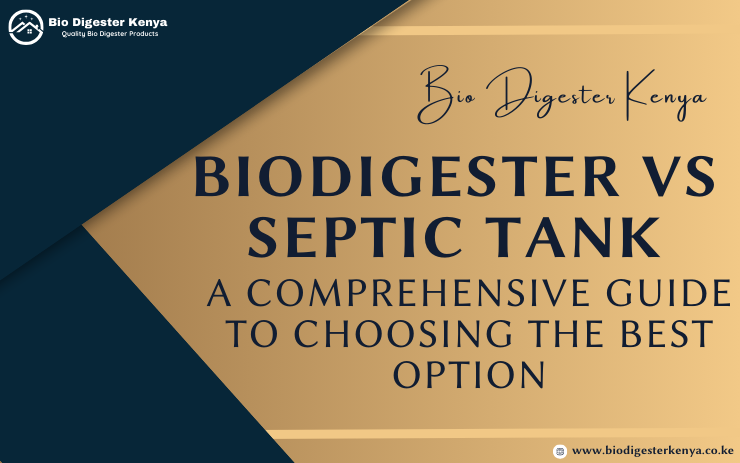
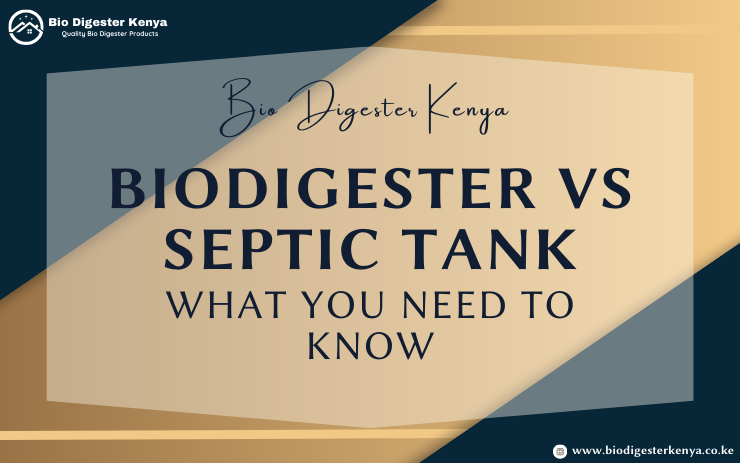
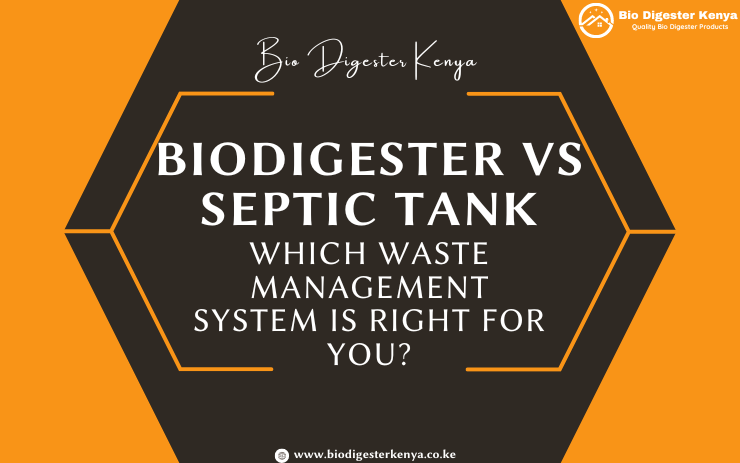
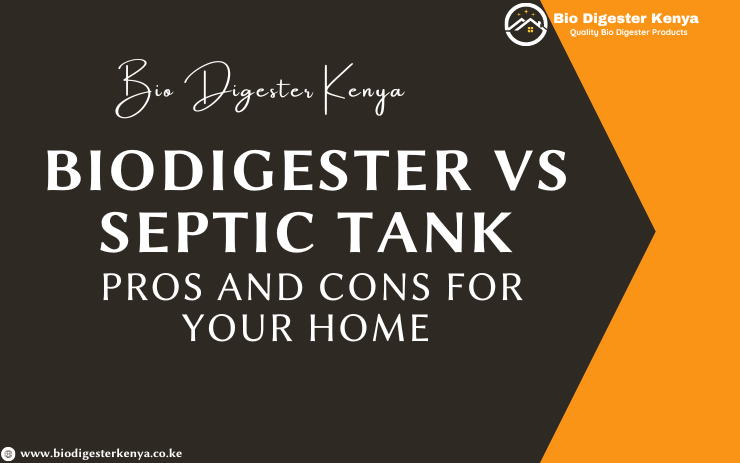
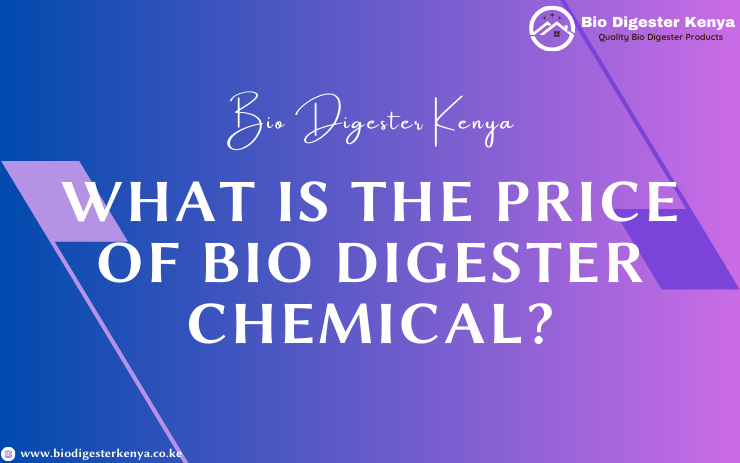
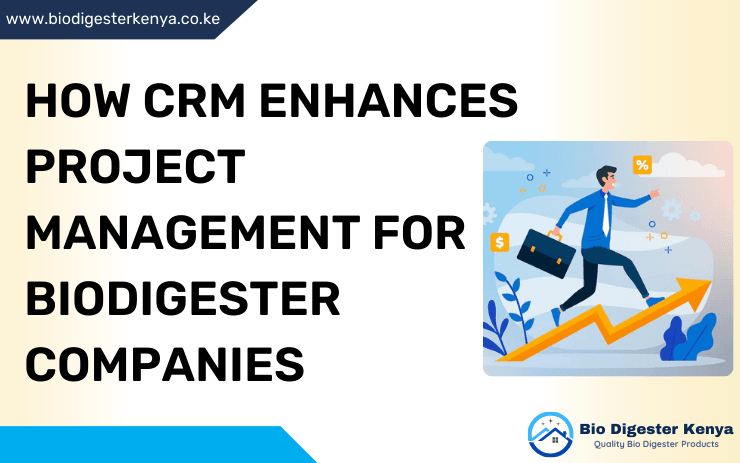
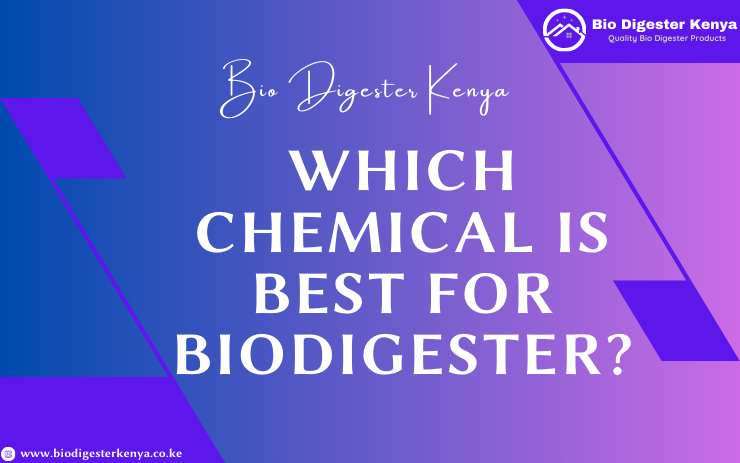
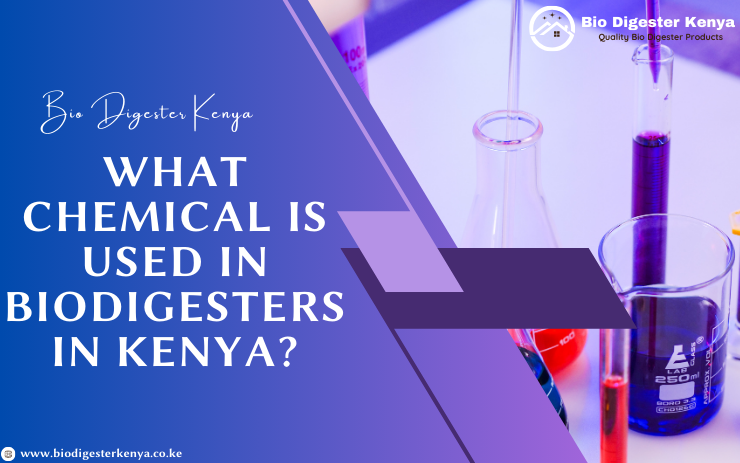
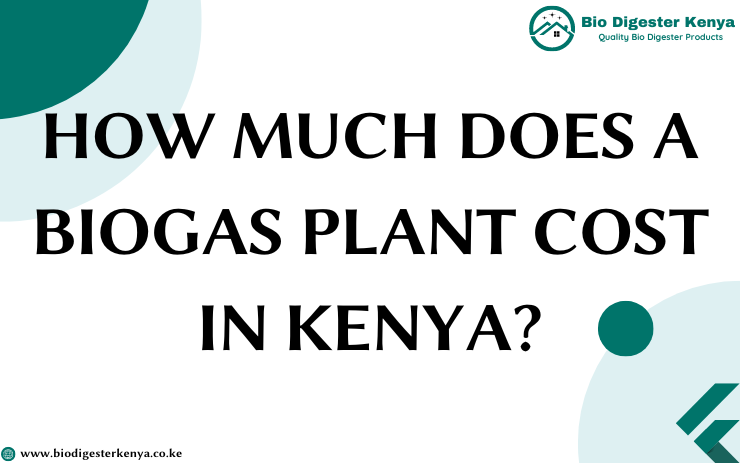
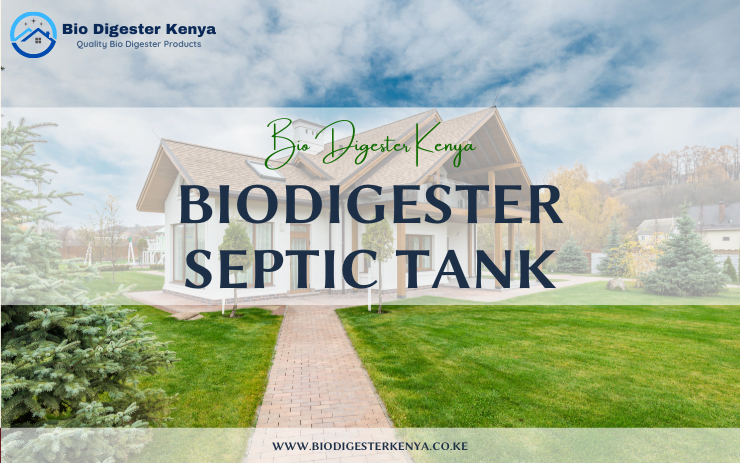
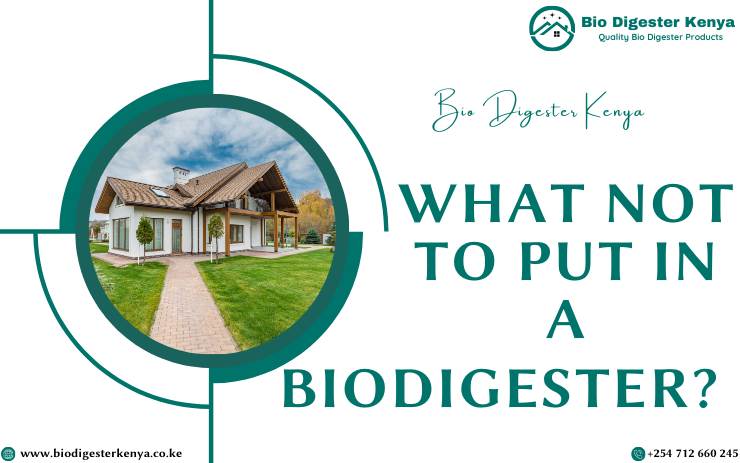
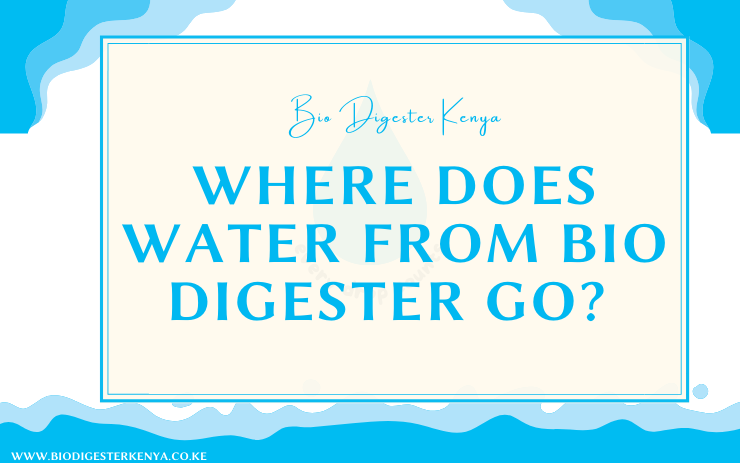
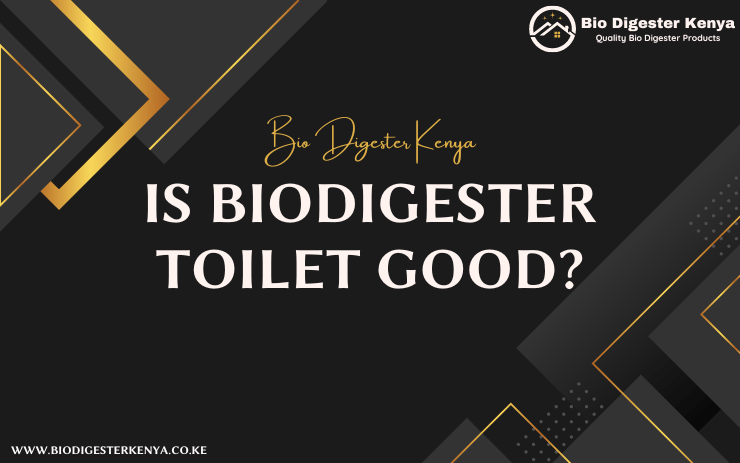

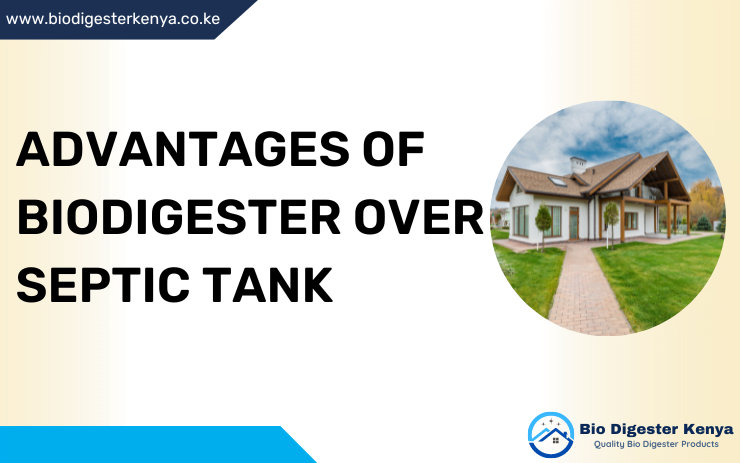
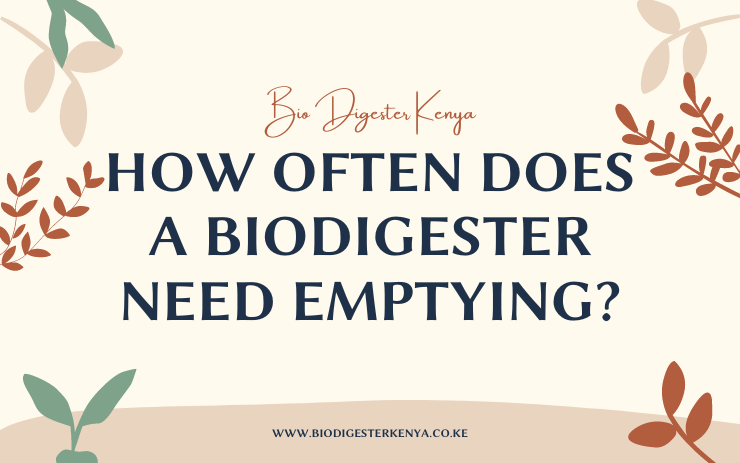

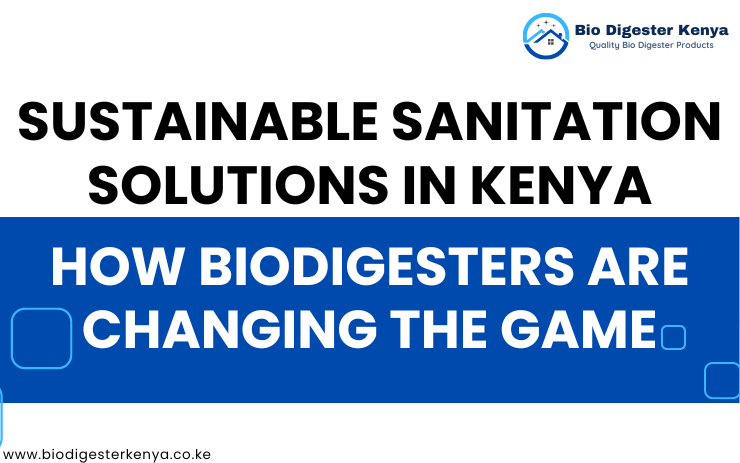

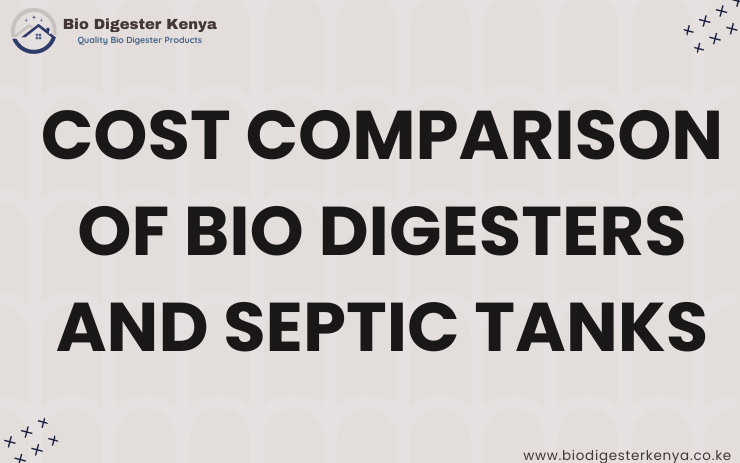
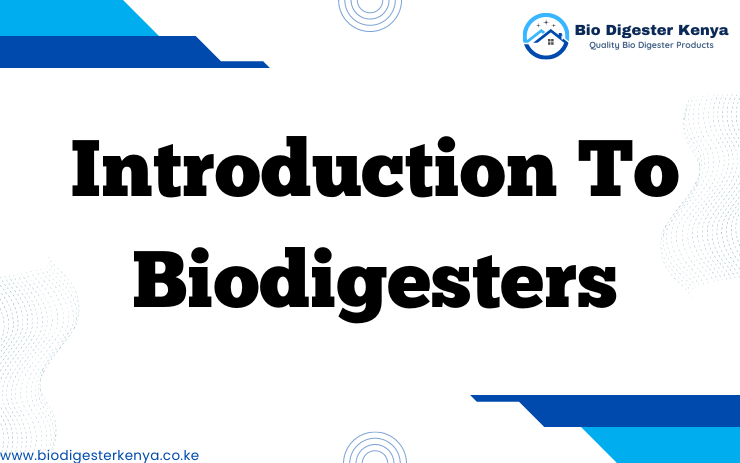
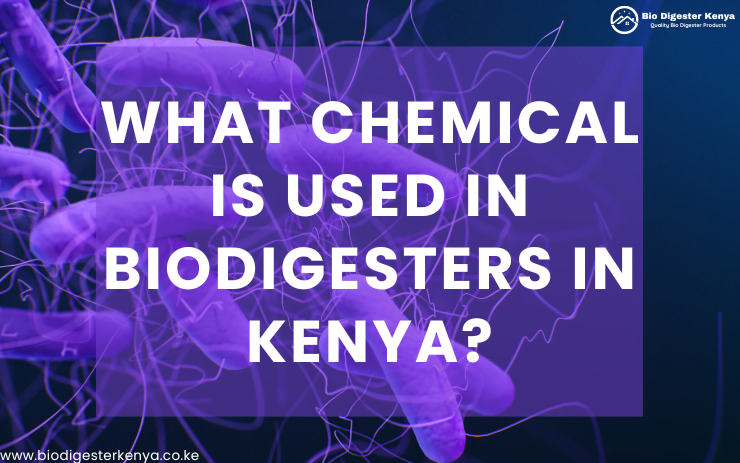
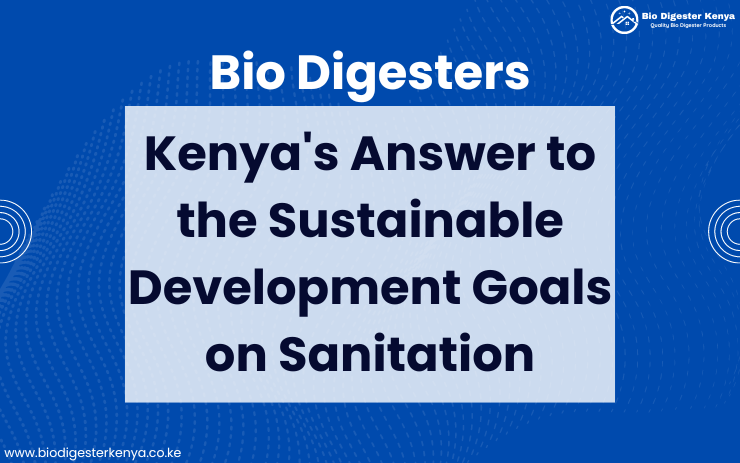
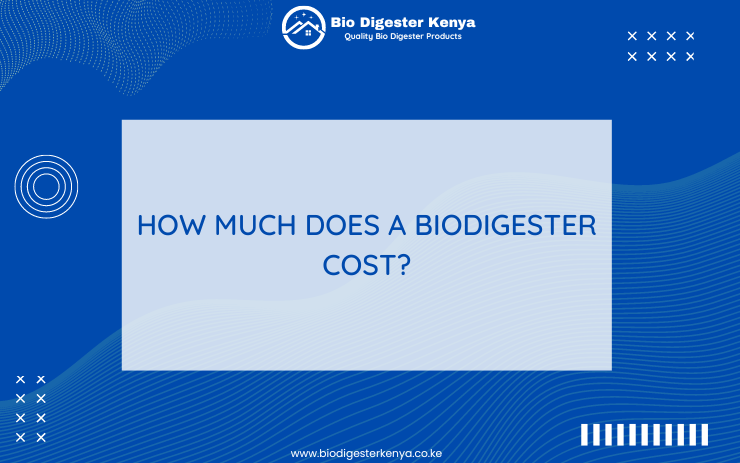
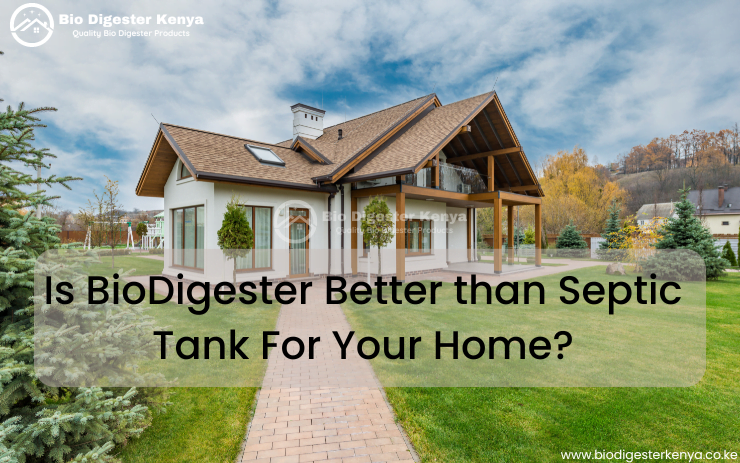


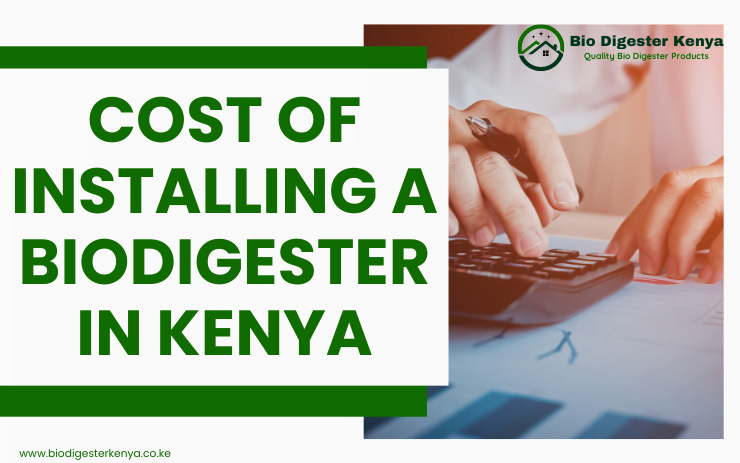

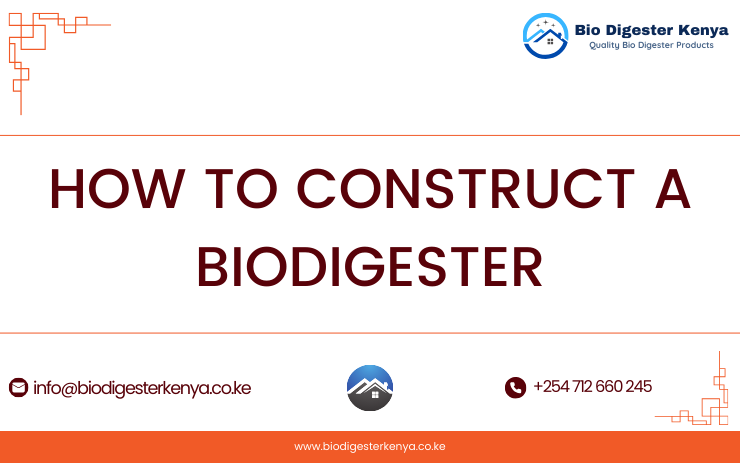
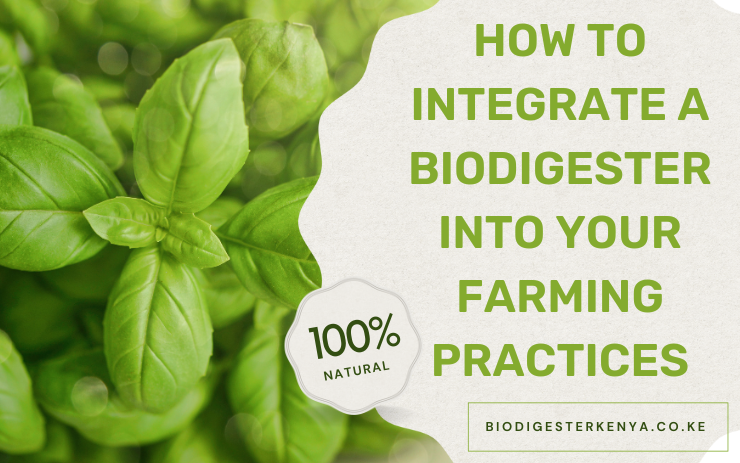
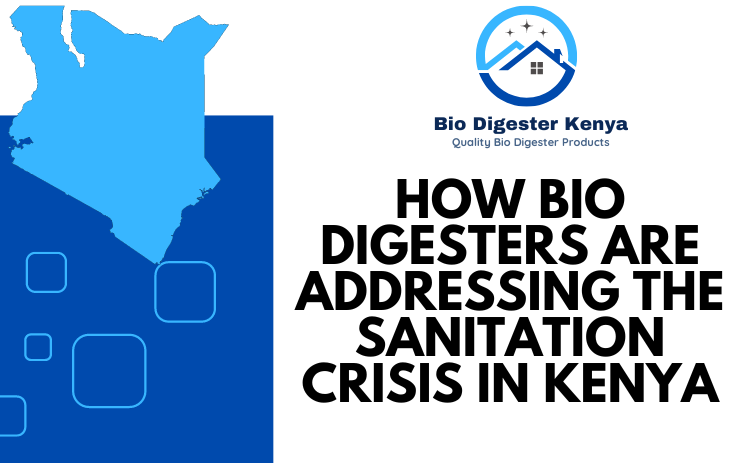
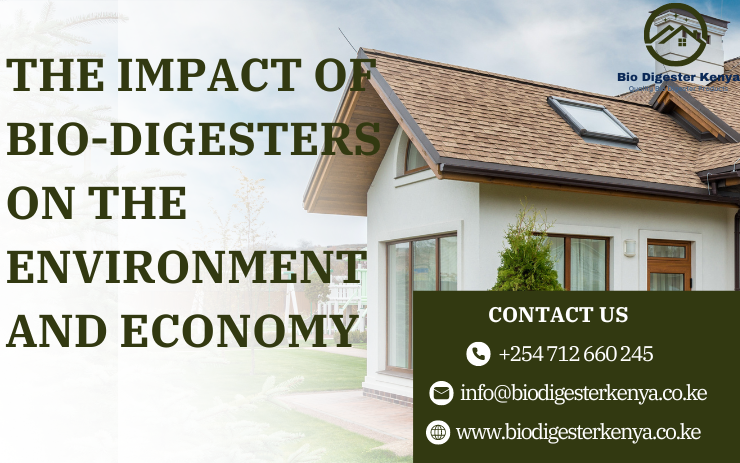


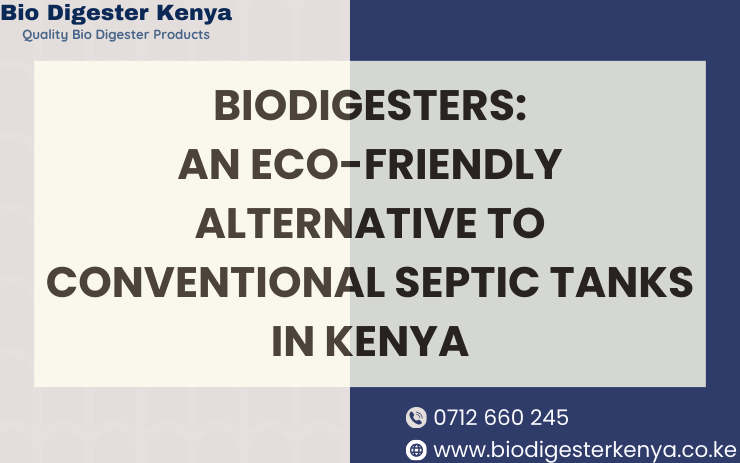
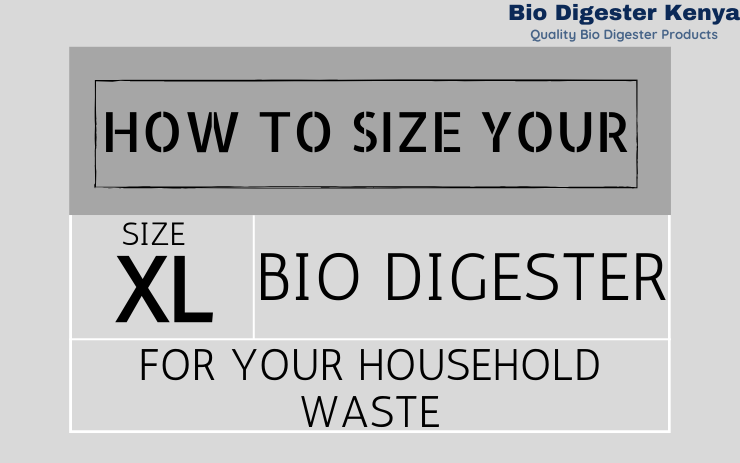
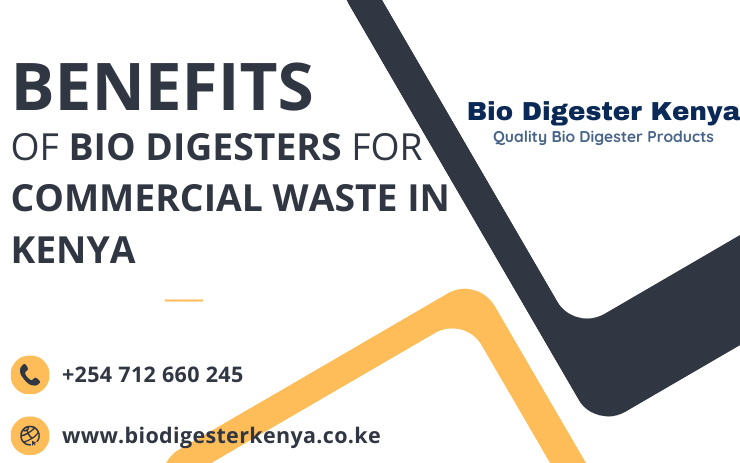


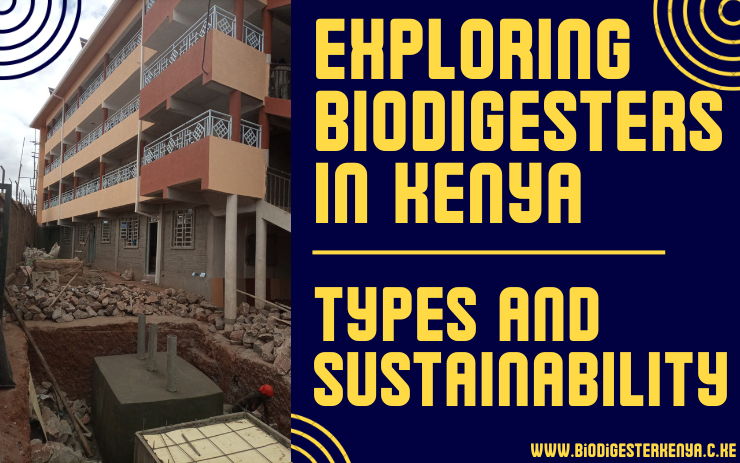
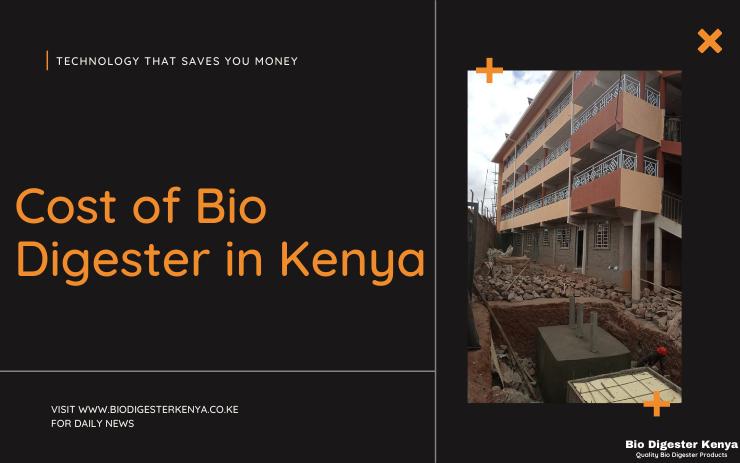

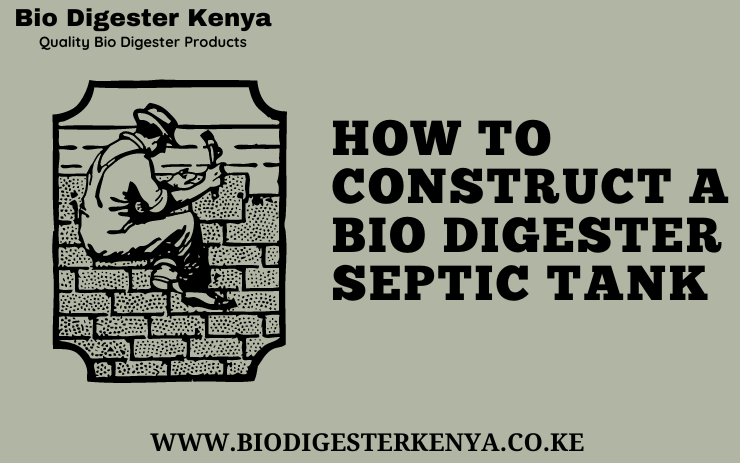
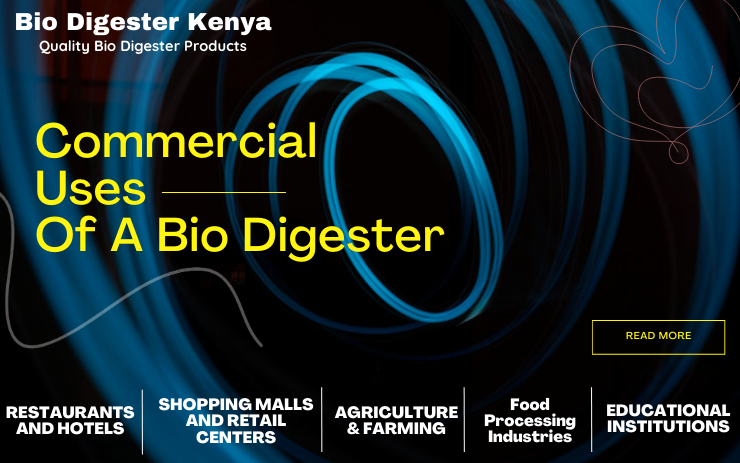
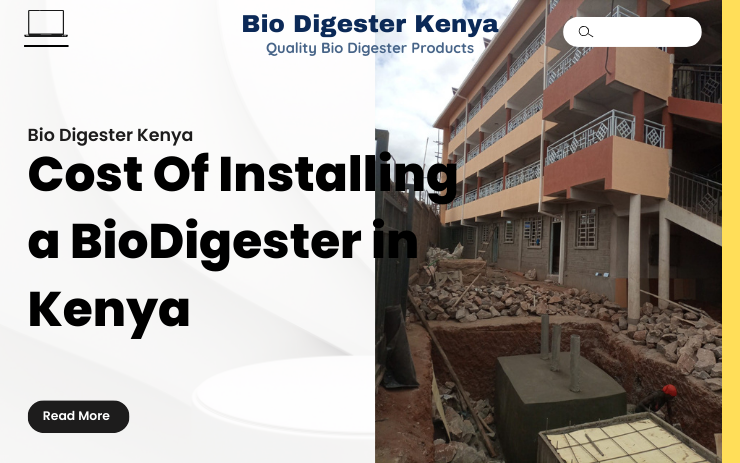
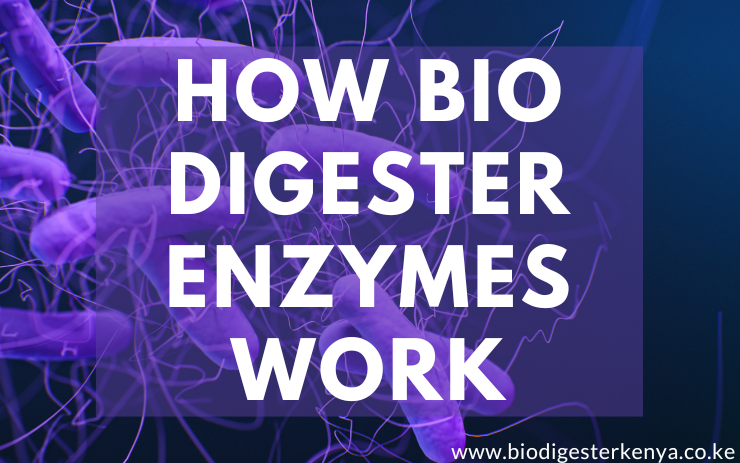
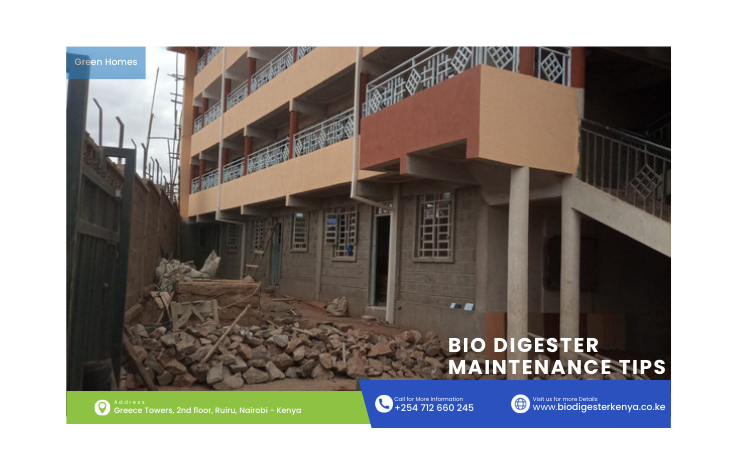
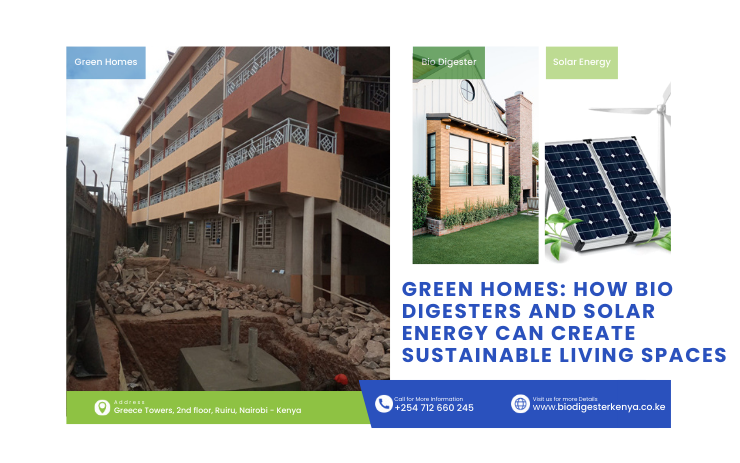


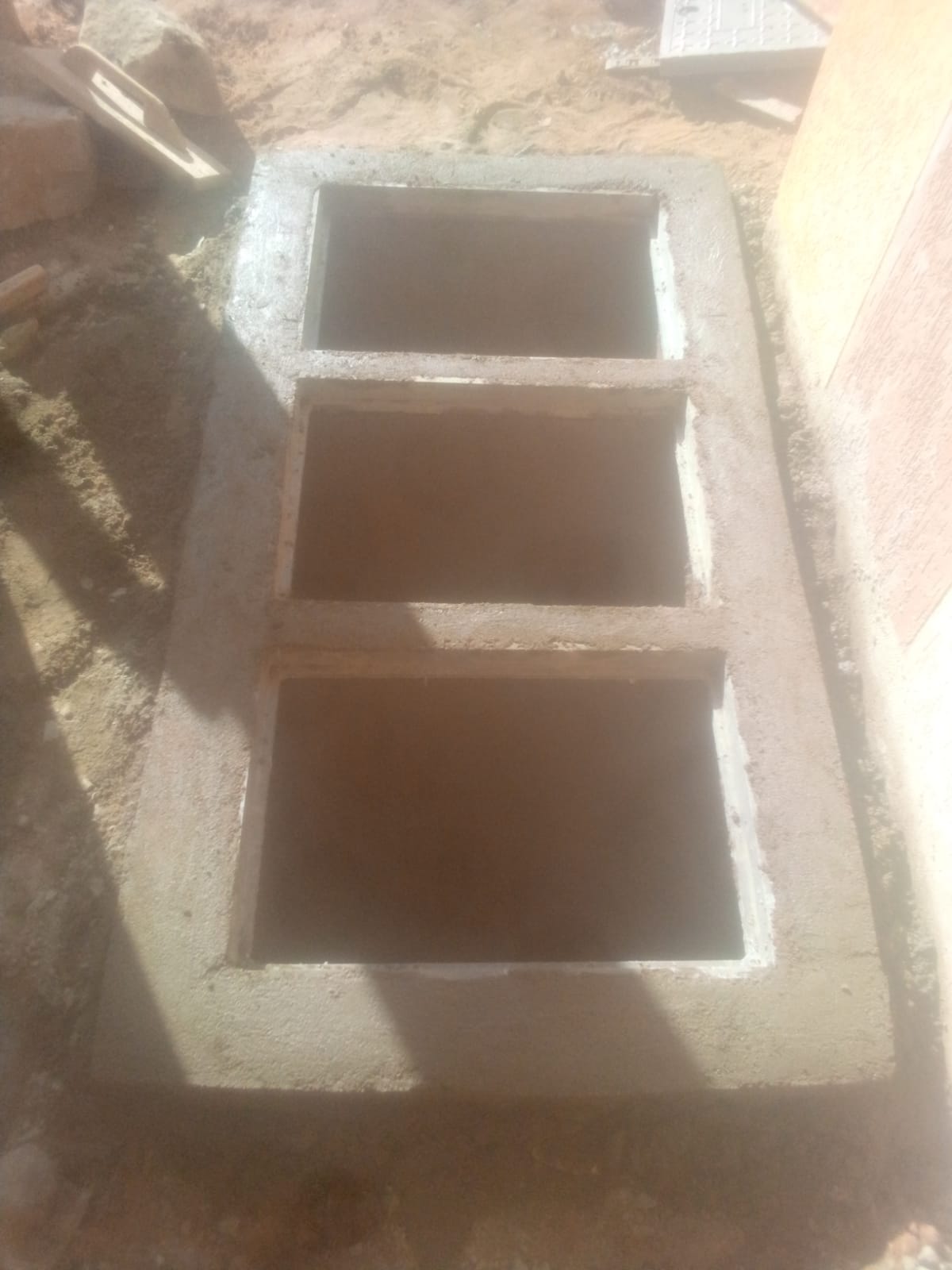

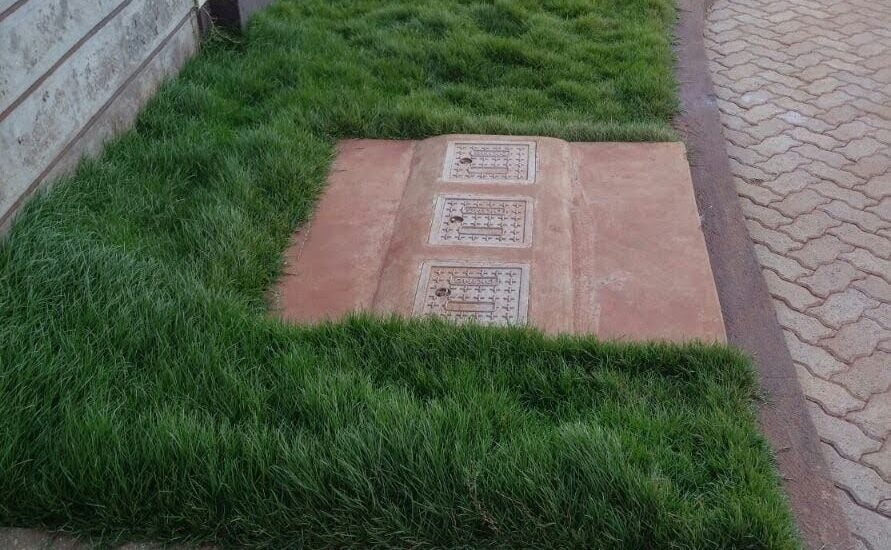
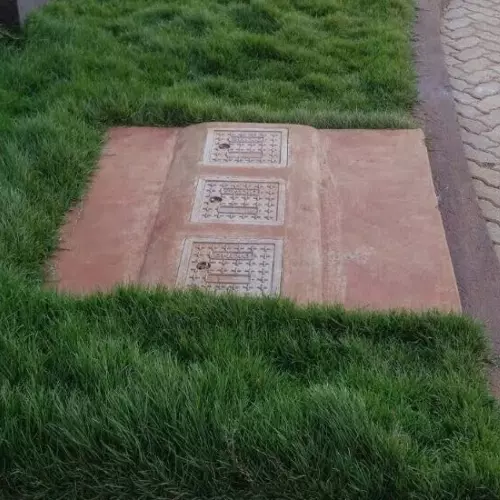
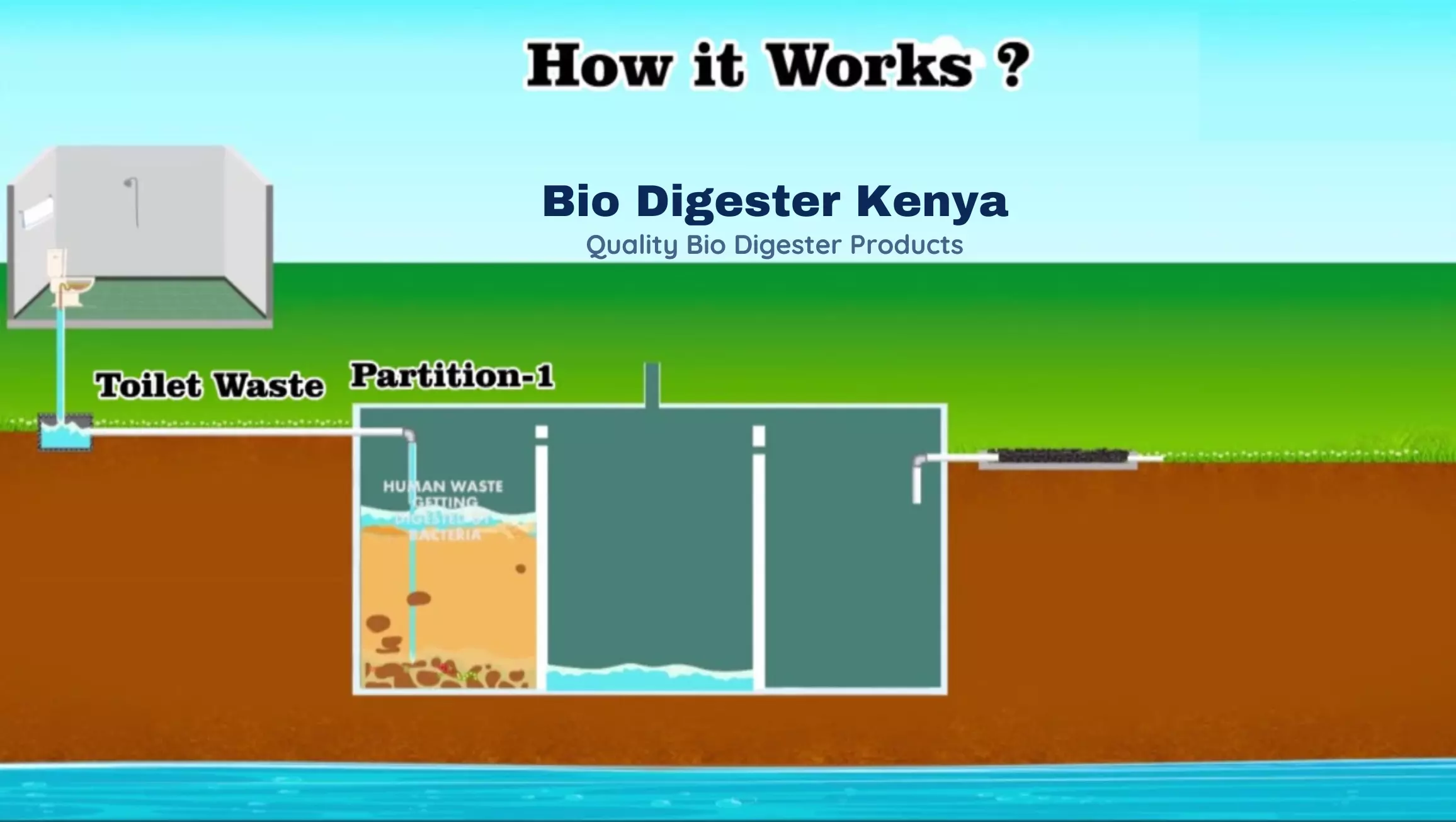
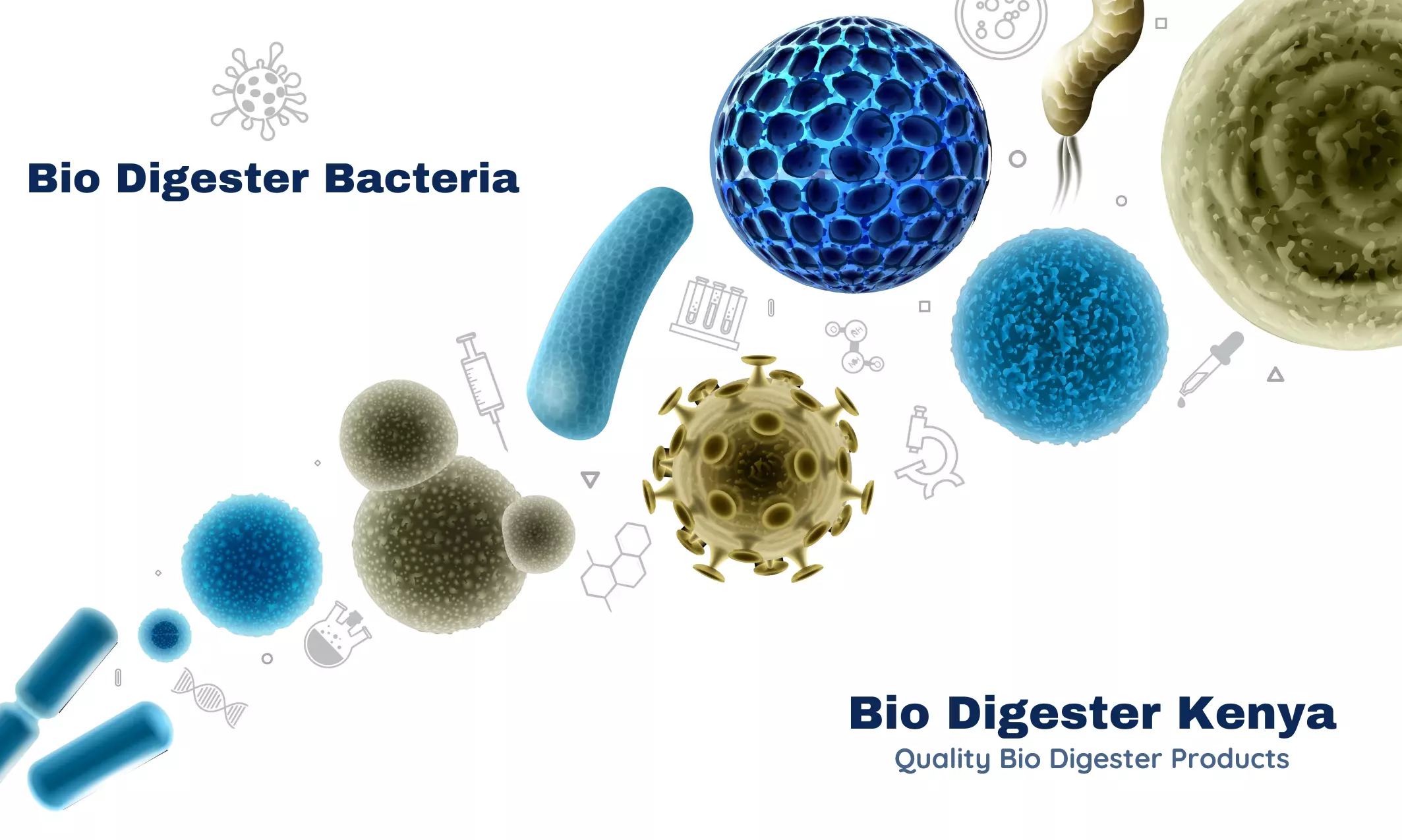
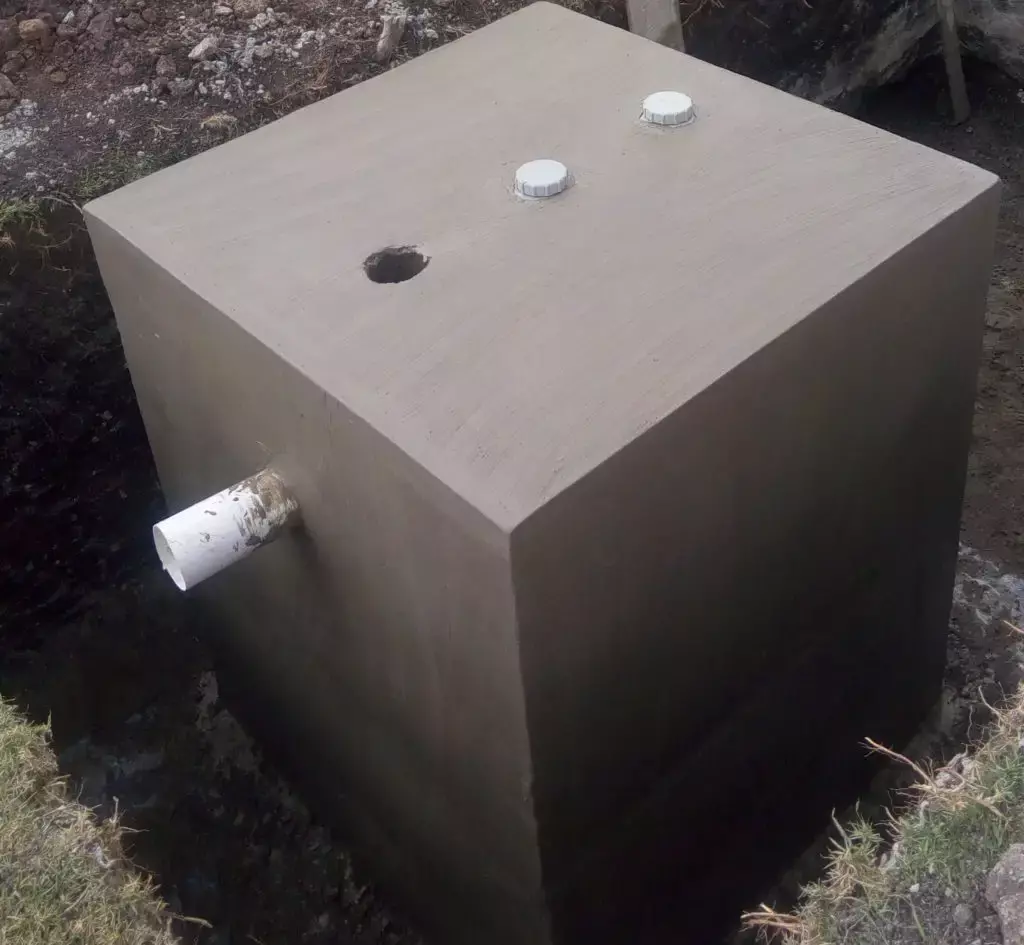
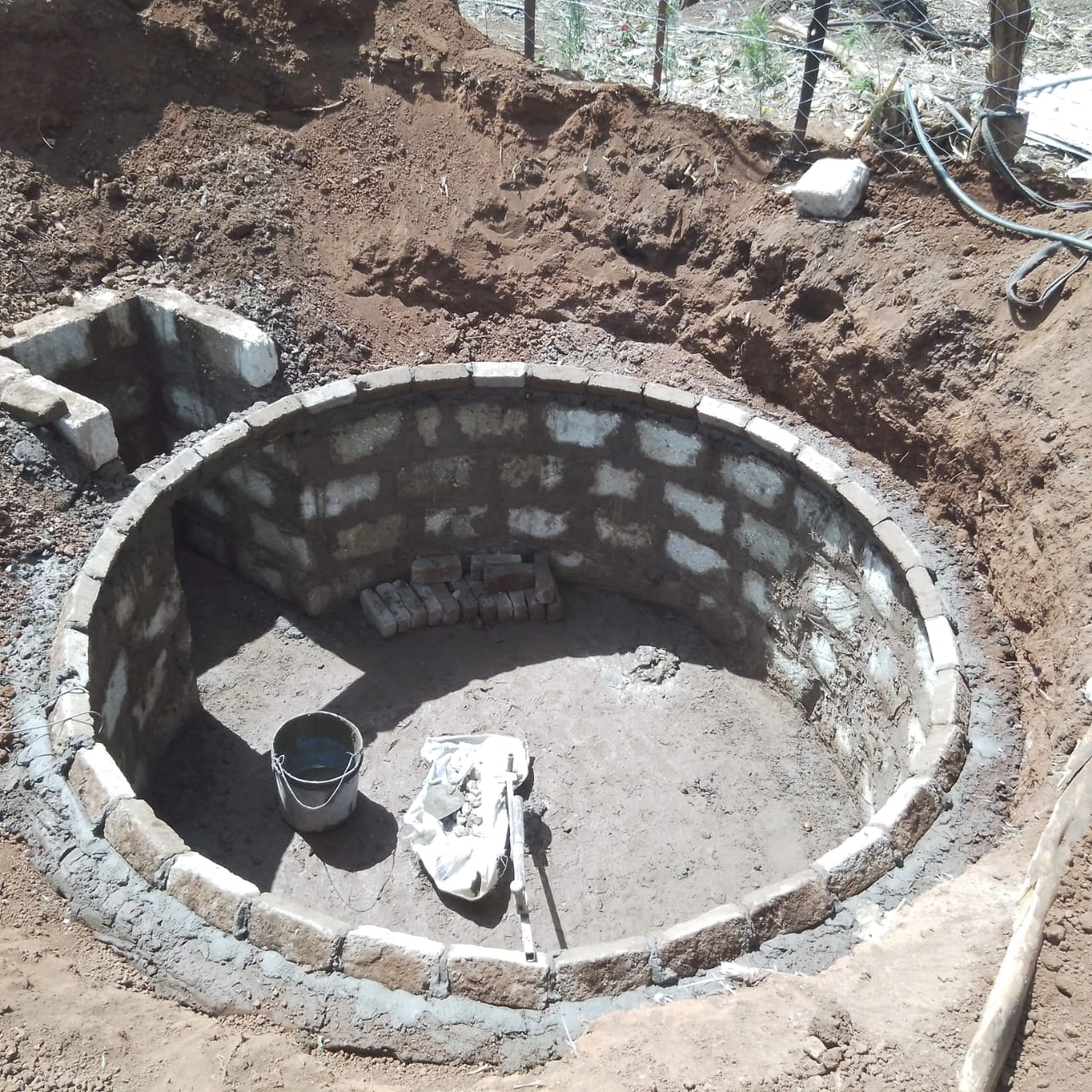
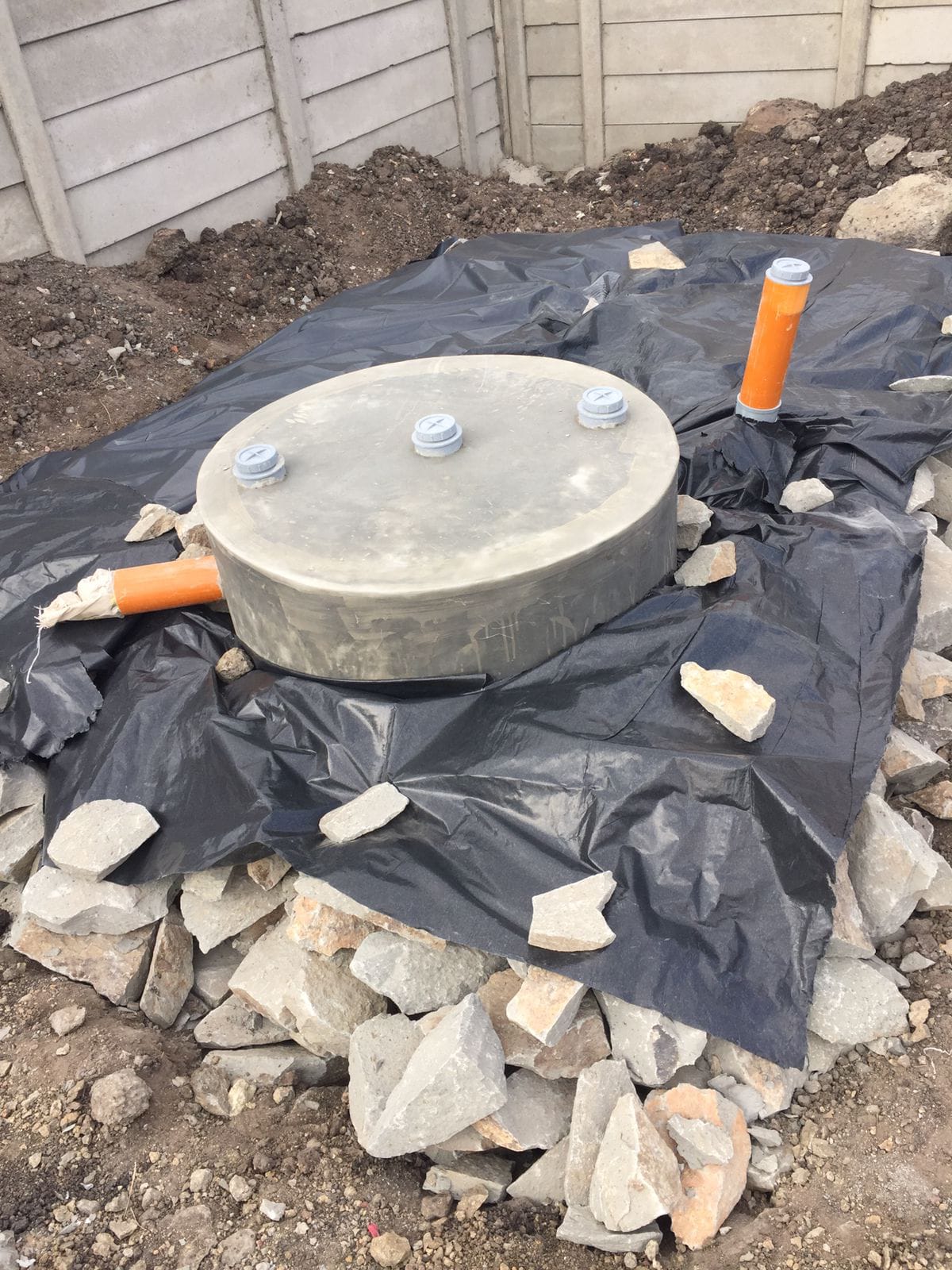
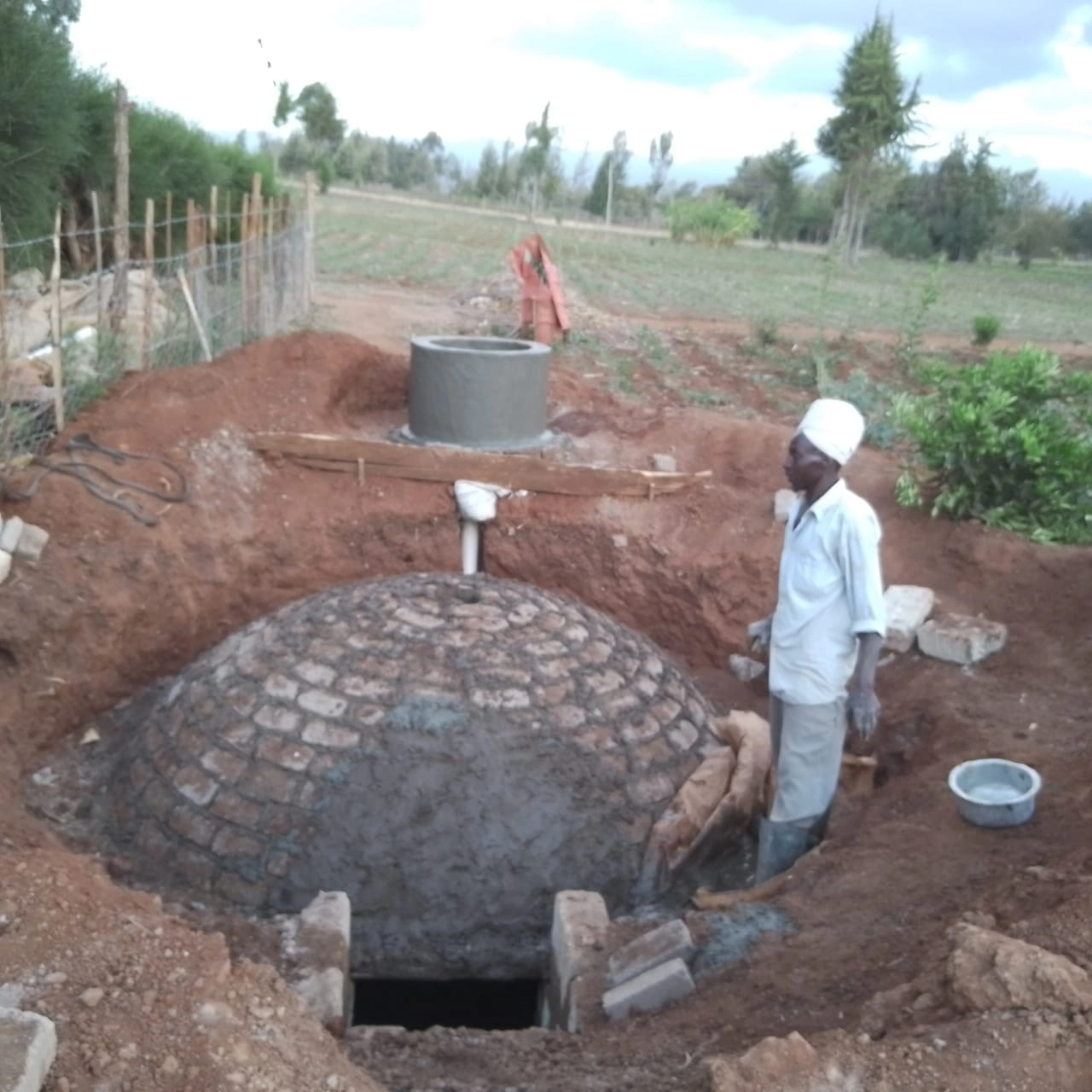
Alison
March 3, 2024 at 8:21 amWow, fantastic blog format! How long have you been blogging for?
Florence
May 21, 2024 at 4:20 amNice article.
Audrey
May 21, 2024 at 4:21 amNice comparison between the two.
L. Norris
June 7, 2024 at 6:23 amI like the helpful info you provide in your articles. I’ll bookmark your blog and check again here regularly. I am quite certain I will learn plenty of new stuff right here! Best of luck for the next!